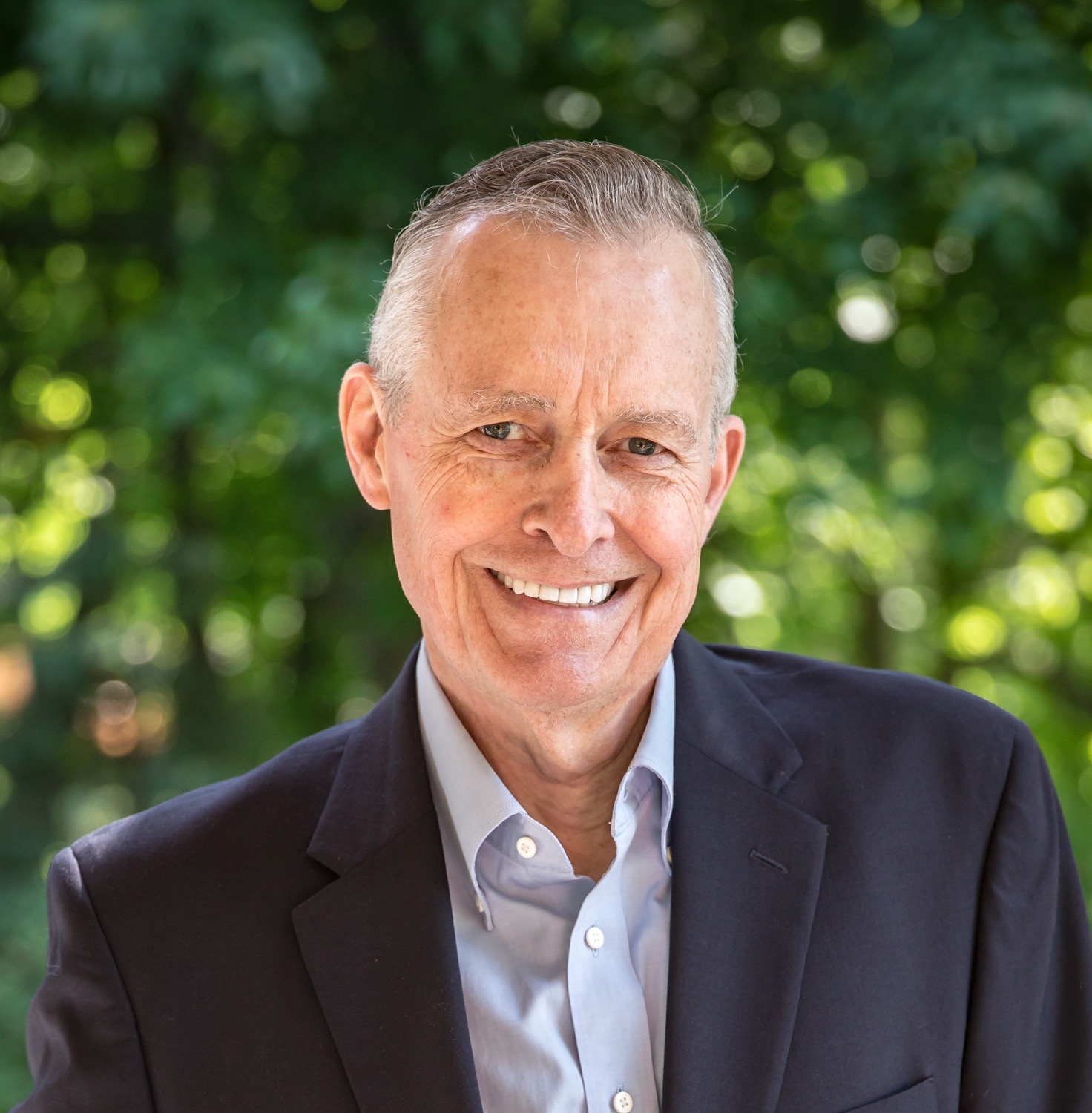What is Physician Burnout
- David Brown MD

- May 14, 2020
- 2 min read

Physician burnout has become an in-vogue term that physicians understand intuitively, and non-physician leaders push back against. The non-physicians’ tone is if our docs would just accept change all would be well. Simplistically, we have been commoditized. Burnout typically is a syndrome that blends exhaustion, cynicism and reduced effectiveness. Professionalism is impacted negatively. Physician burnout does influence quality of care, patient safety, physician turnover, and patient satisfaction with care.
A host of factors conspire in creating burnout; the medical record - aka the electronic health record (EHR) – is really a billing document, not a patient care document. As physicians we are working for the EHR, rather than it assisting us in caring for individuals. Also, in the past our professionalism and competence were based on our extensive breadth of medical knowledge and practice insights that we applied to unique individuals seeking our care. Health reform has redefined physician excellence into doctors who - complete records on time, bill near the top of our peers, and of course, have high clinical volumes. Another factor often internalized by physicians is that we have become production workers and clerks. No one entered medicine to aspire to either of those job categories.
The misalignment of the “why” we entered medicine, with the current model of daily practice is the fundamental reason for burnout. Physician expectations and our daily experience are asymmetrical. The clinical autonomy, which previously was practiced as a craft when our exam and operating room doors closed, seems so often out of our reach.
Medicine has changed, yet physician expectations and daily life can be aligned. Professional margin to create the alignment takes creativity and flexibility, physician friendly tools, physician peer support and as always, a focus always on our patients.



Comments